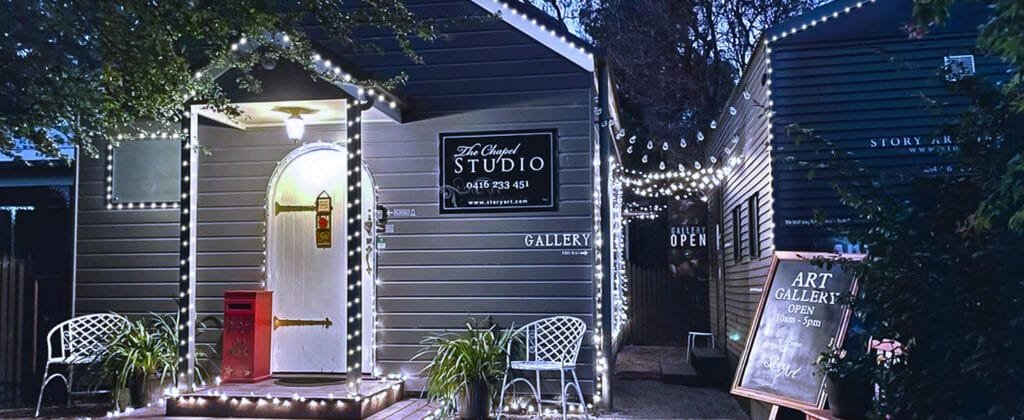Ever wondered why your fairy lights suddenly glow without being switched on? This seemingly magical occurrence can be puzzling, especially when it happens repeatedly. But don’t worry—this guide will unravel the mystery, explaining the possible reasons and solutions to keep your outdoor lighting behaving as expected.

Why Did My Light Just Turn On by Itself?
A light turning on by itself often points to external factors or internal malfunctions. Common reasons include faulty wiring, short circuits, remote control interference, or motion sensors detecting movement. Nearby electronic devices, such as Wi-Fi routers or remote-controlled gadgets, may emit signals that inadvertently trigger your lights.
For example, a neighbor’s remote or a passing car’s radio frequency could cause your fairy lights to switch on. To rule this out, temporarily disconnect other wireless devices in the vicinity and test the lights.
Do Fairy Lights Automatically Turn On?
Many fairy lights are designed to turn on automatically using light sensors or pre-set timers. Solar-powered lights, for instance, store energy during the day and activate when it gets dark. Similarly, some battery-operated lights are equipped with motion sensors or dusk-to-dawn settings that make them switch on automatically.
If this feature is causing inconvenience, you can adjust or disable the sensor settings. Refer to your product manual for guidance or consult the manufacturer’s website for troubleshooting tips.
What Does It Mean When Lights Turn On by Themselves?
Unintended activation of lights often indicates an issue with the device or its environment. Damaged light switches, poor wiring, or failing components can lead to such behavior. Dust and debris accumulating on sensors may also cause them to misinterpret signals.
To fix this:
- Inspect the light switch for damage.
- Replace worn-out batteries or faulty bulbs.
- Clean sensors to ensure proper operation.
If the problem persists, consider consulting an electrician to address potential wiring faults.
Why Are My Fairy Lights Flickering?
Flickering is a common issue with fairy lights and can indicate dying batteries, weak connections, or subpar quality. For battery-powered lights, check that the batteries are fully charged and properly seated. Poor connections within the battery compartment or along the wiring may also cause flickering.
Switching to higher-quality lights can often resolve these problems, as well-made products are less prone to such faults.
Battery-Operated Lights Turn On by Themselves
Battery-operated fairy lights are convenient but not immune to quirks. They can switch on by themselves due to vibrations or loose connections. For instance, a nearby loud noise or physical movement might jostle the switch enough to trigger the lights.
To prevent this:
- Secure the battery compartment tightly.
- Ensure that the on/off switch is firmly positioned.
- Store lights in a stable location to minimize external disturbances.
Can Fairy Lights Be a Fire Hazard?
Fairy lights, particularly battery-operated ones, are generally safe to use. However, exposed wires or damaged casings can pose a risk. Overheating due to poor-quality lights or overloaded circuits may also increase the chance of a fire.
For safety:
- Regularly inspect the lights for wear and tear.
- Use surge protectors for plug-in fairy lights.
- Avoid leaving the lights unattended for extended periods.
Christmas Lights Turning On by Themselves: What to Do?
Seasonal fairy lights, especially those used outdoors, are prone to unexpected activation. Moisture from rain or dew can seep into the wiring or connectors, causing electrical shorts. Additionally, pre-set timers may misfire if not correctly configured.
To troubleshoot:
- Protect connections with waterproof covers or tape.
- Double-check timer settings to match your preferences.
- Store lights in a dry, clean area during the off-season.
Summary
Understanding why your fairy lights turn on by themselves can save you time, money, and frustration. From checking for interference to tweaking light sensors or timers, simple fixes often do the trick. If your lights continue to act up, professional advice might be needed to ensure safe and efficient operation.
